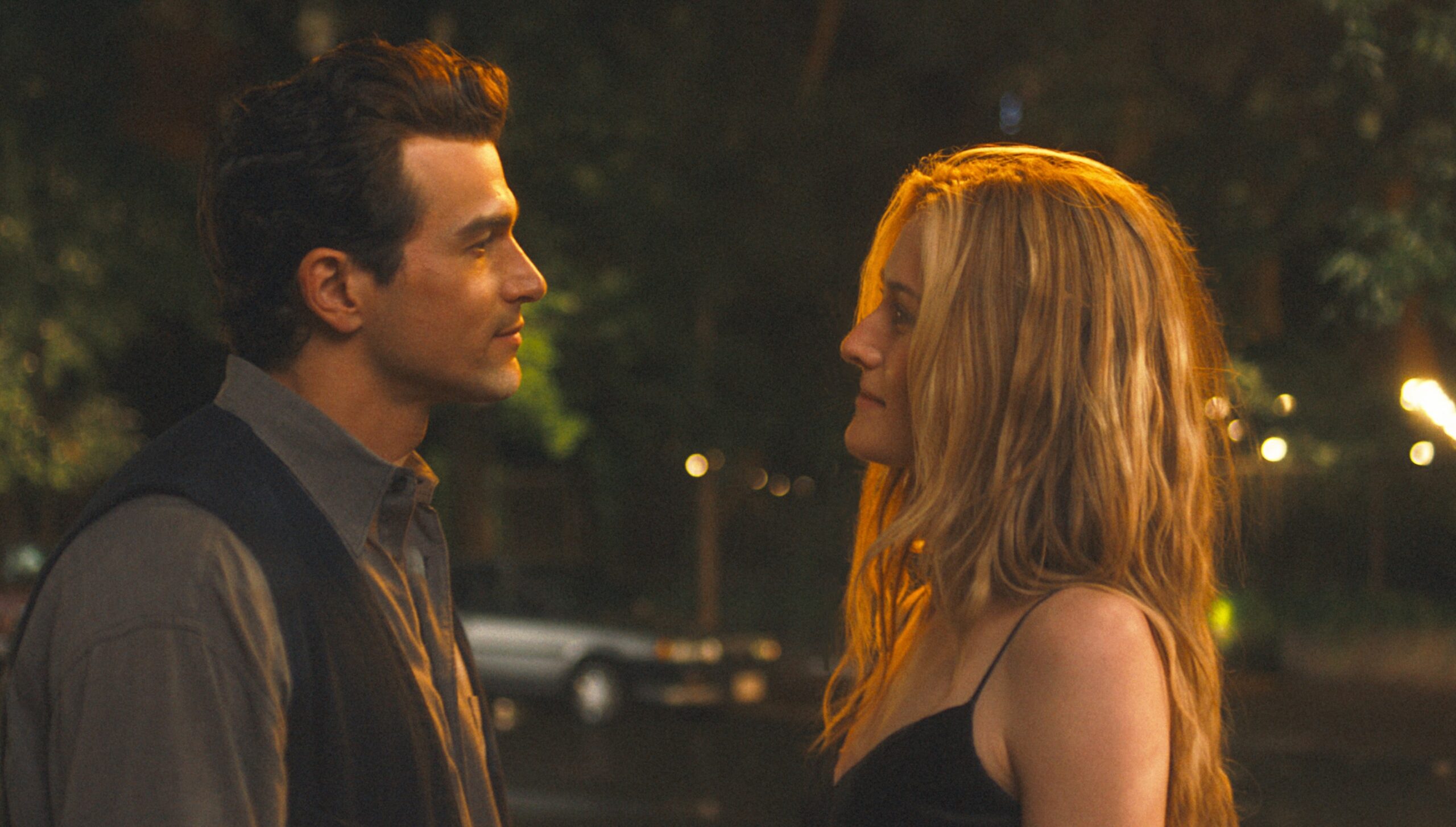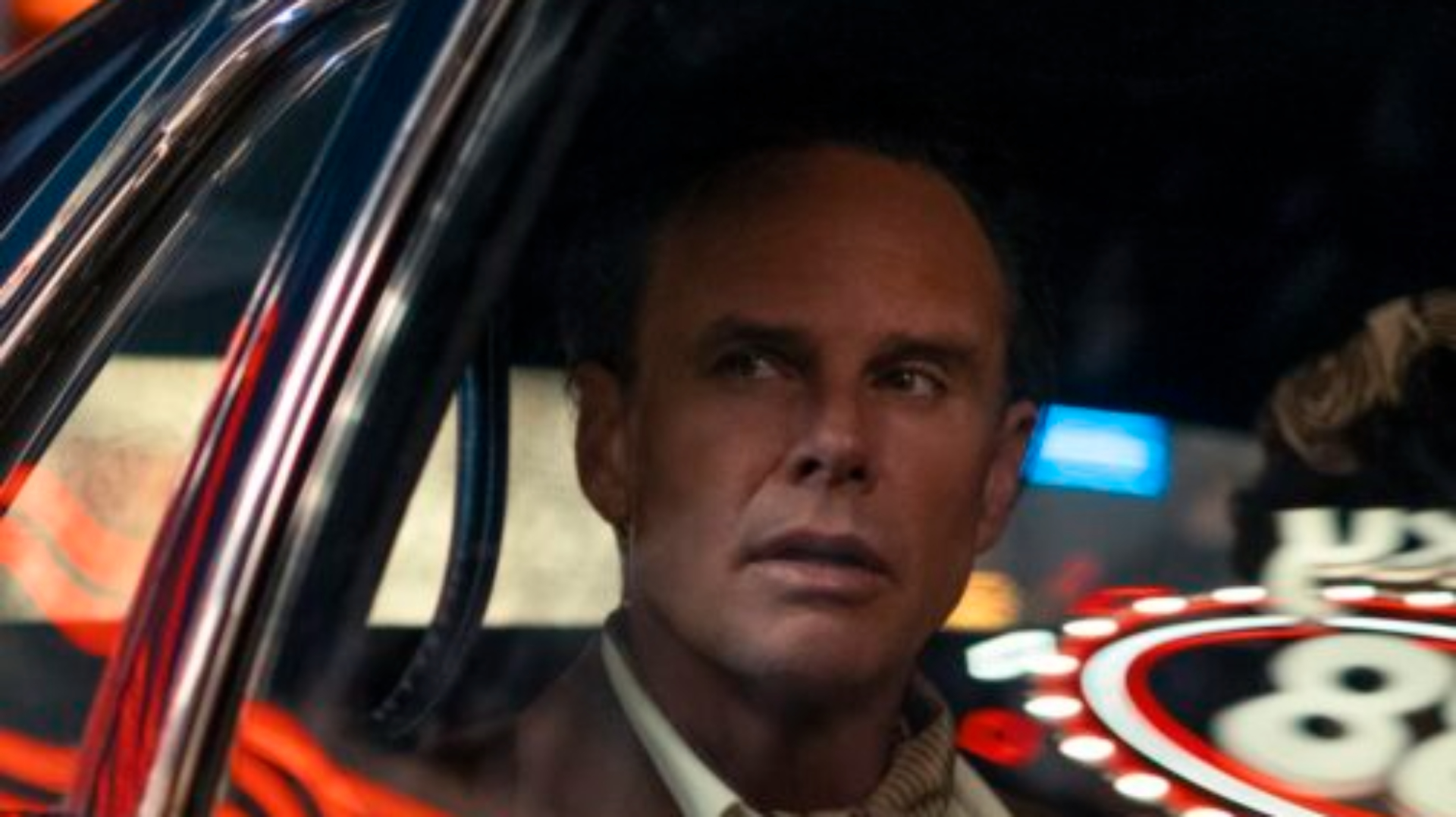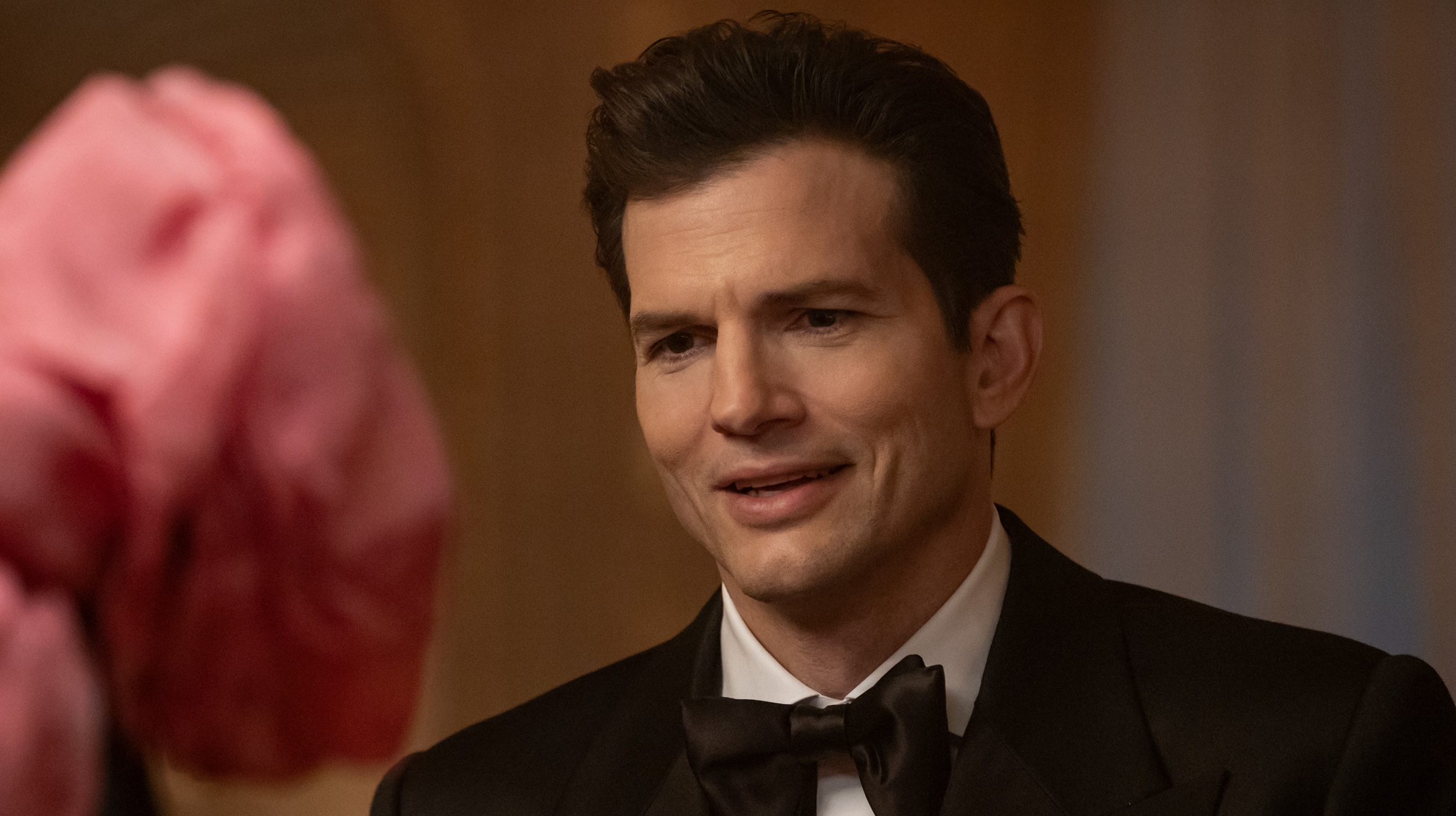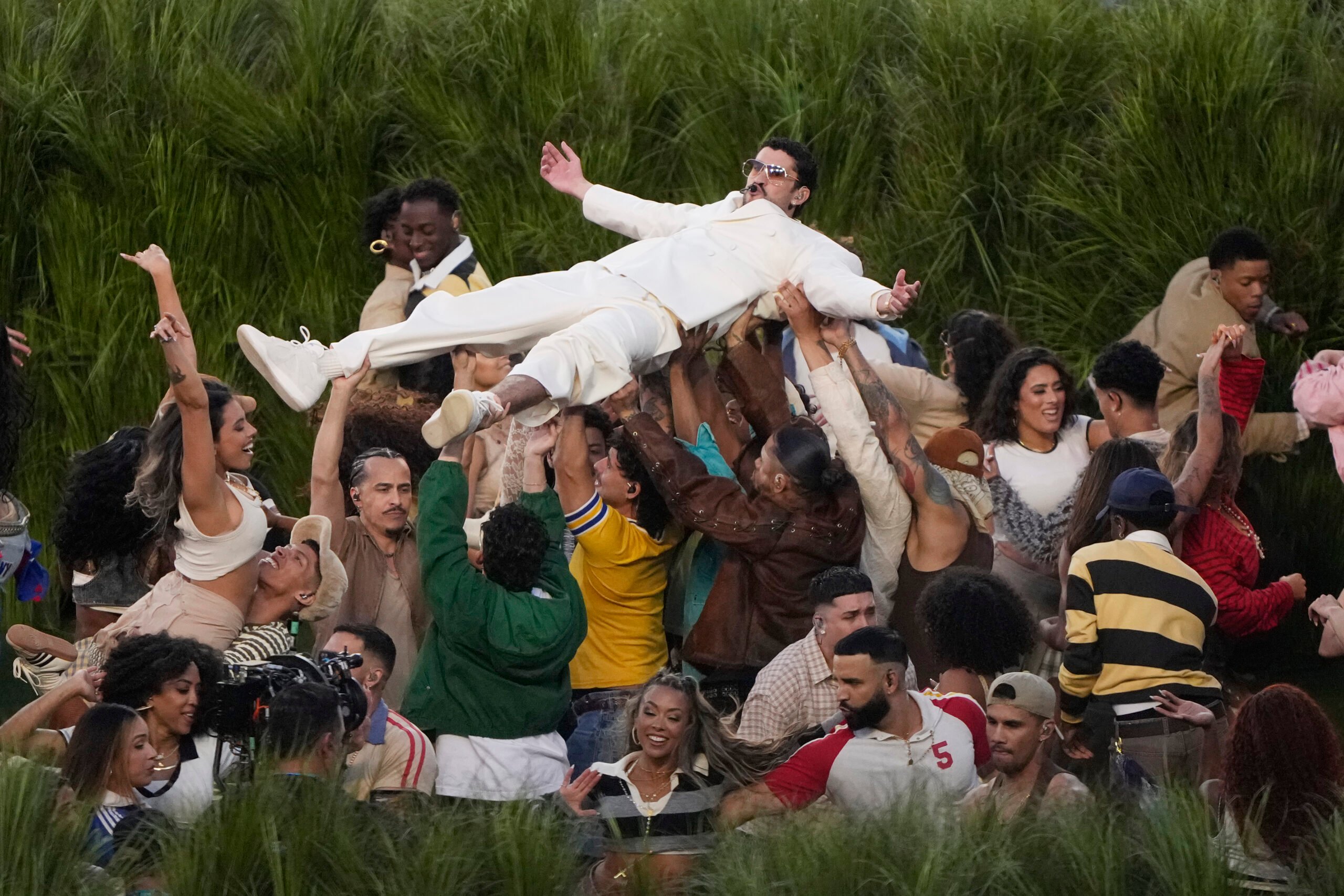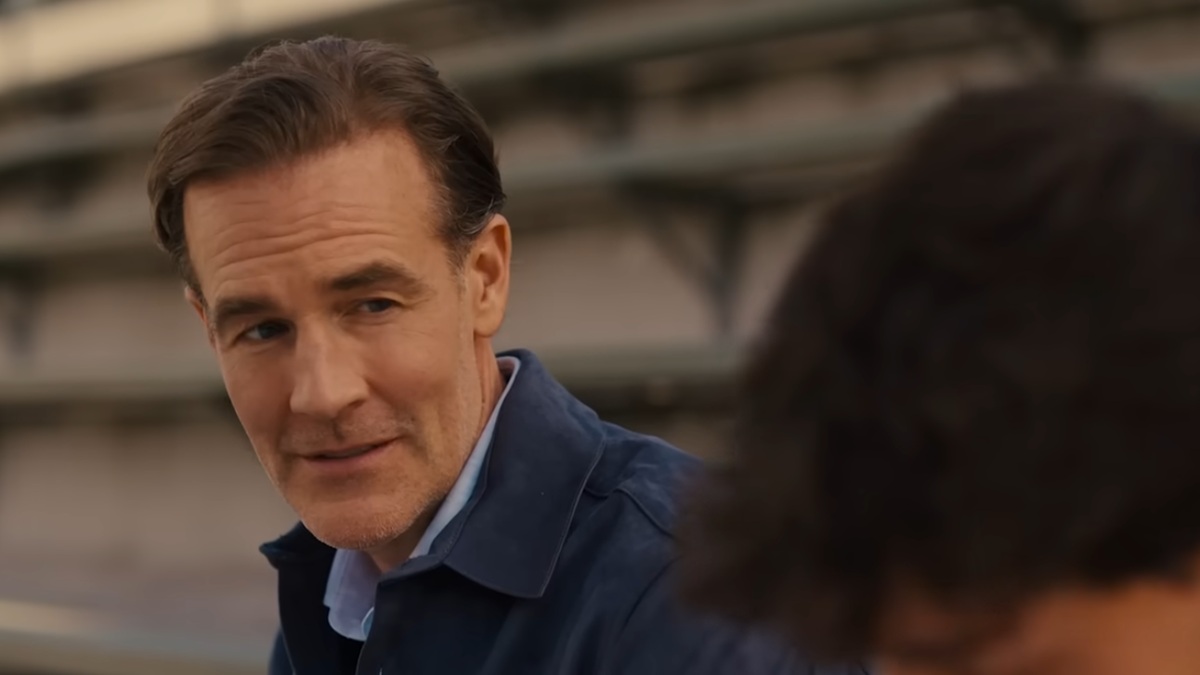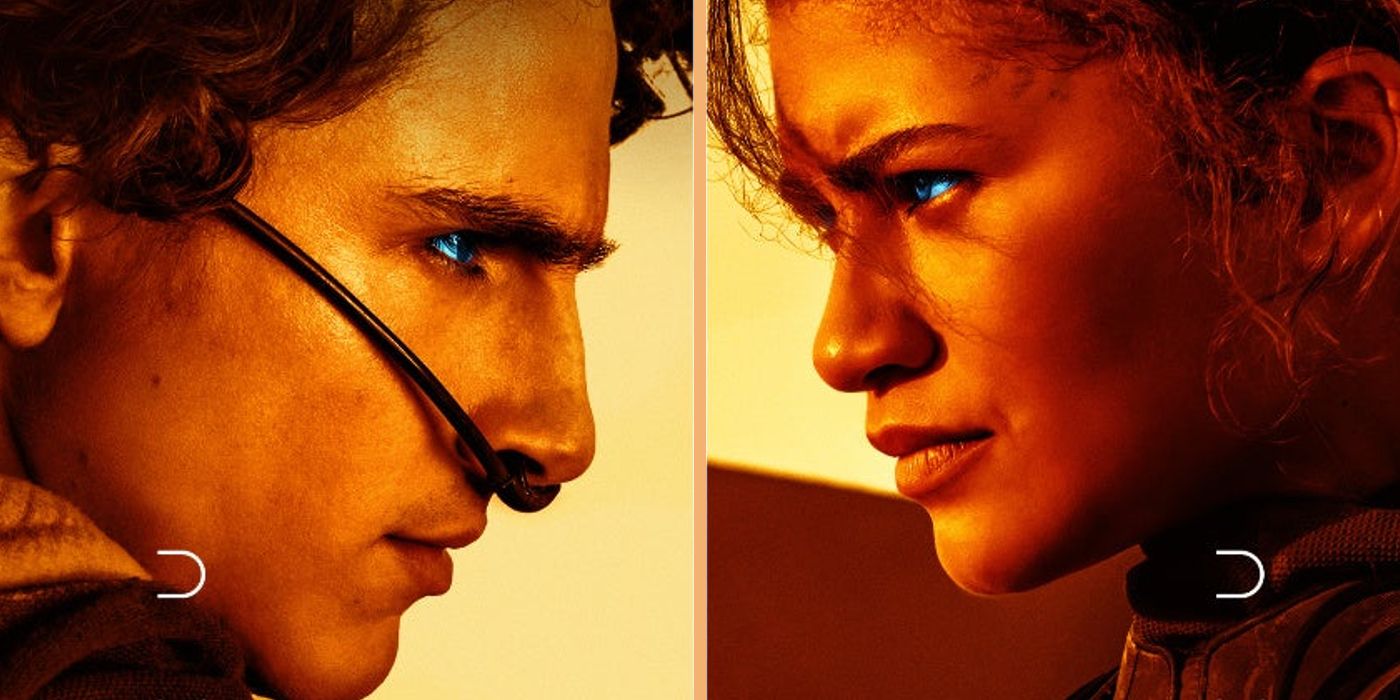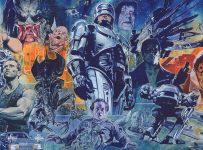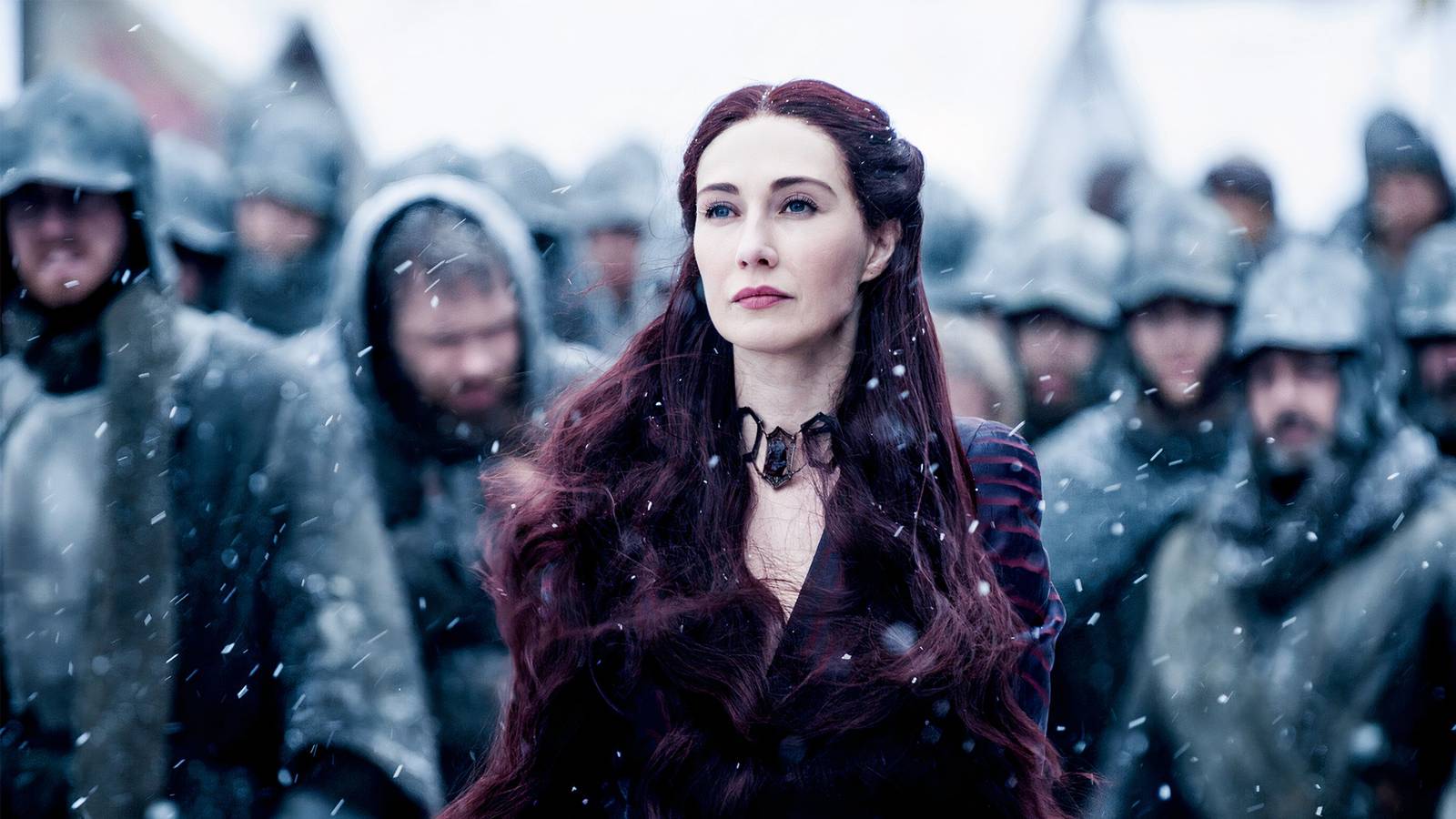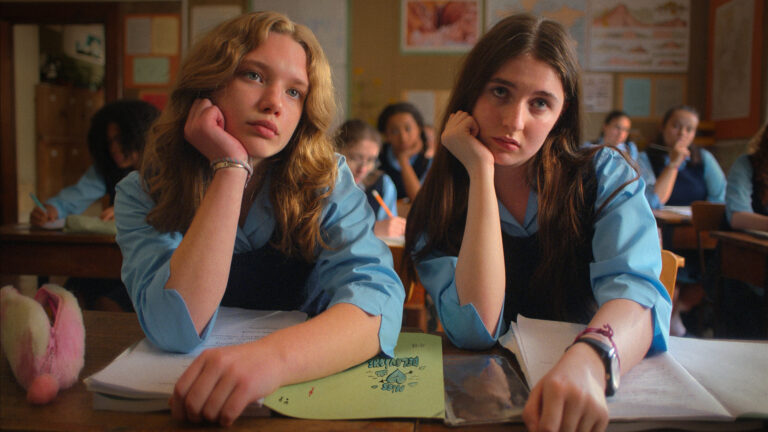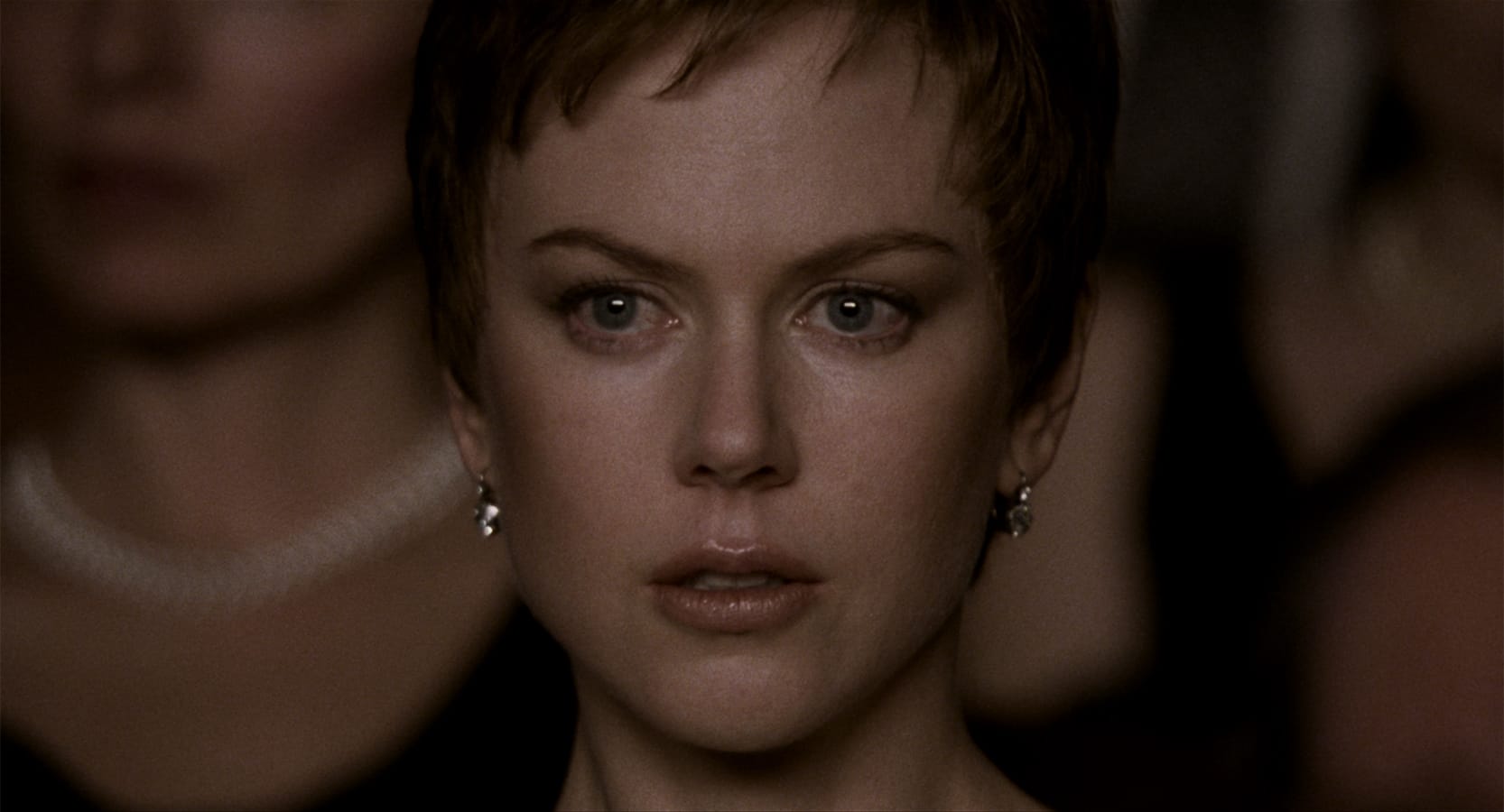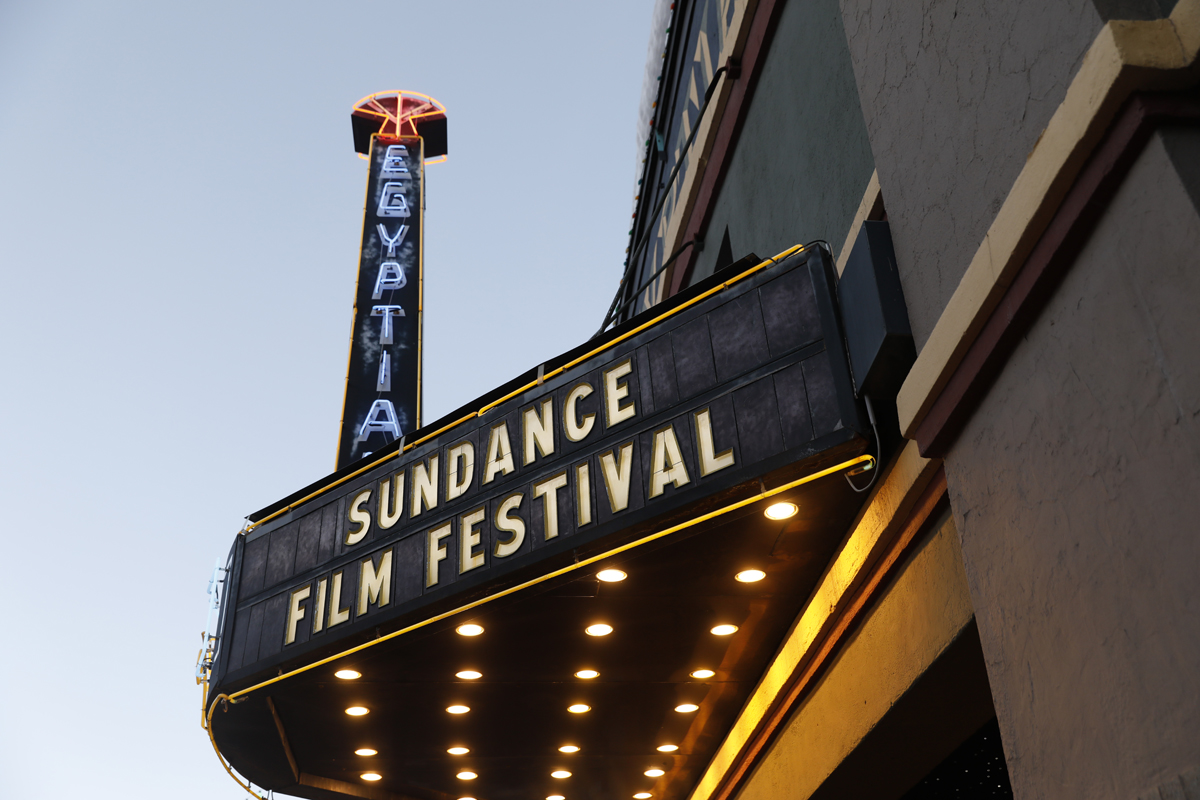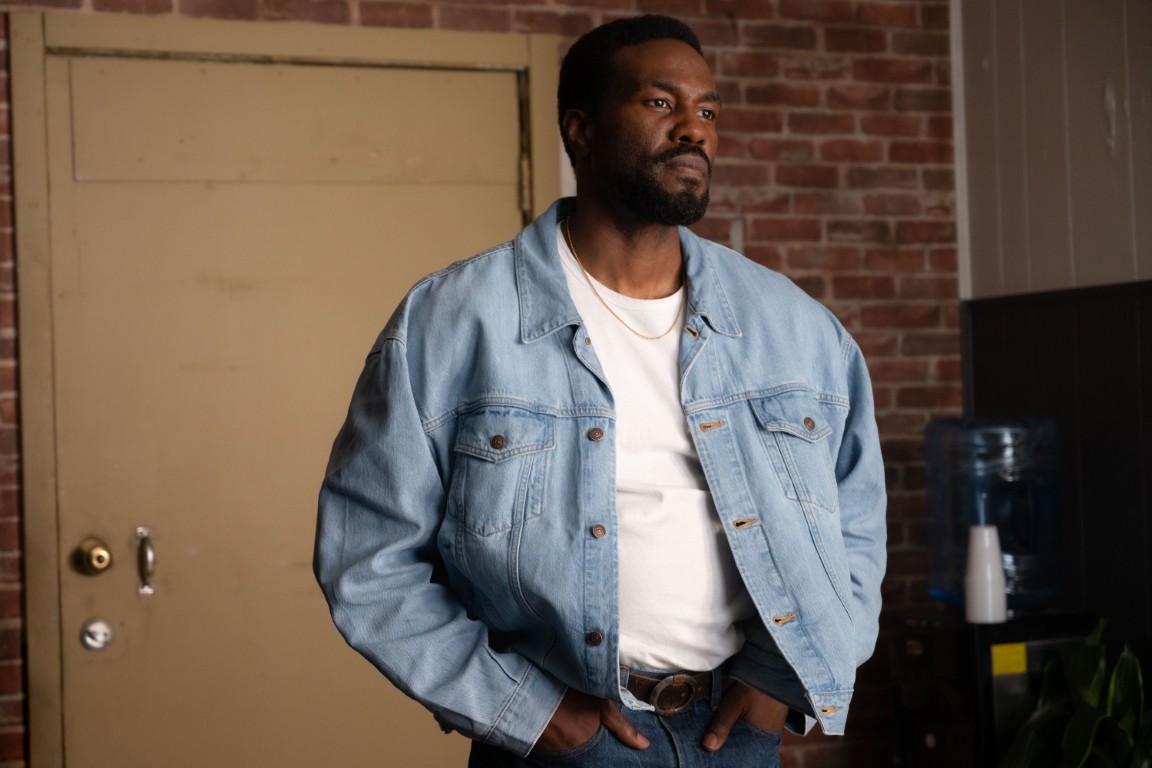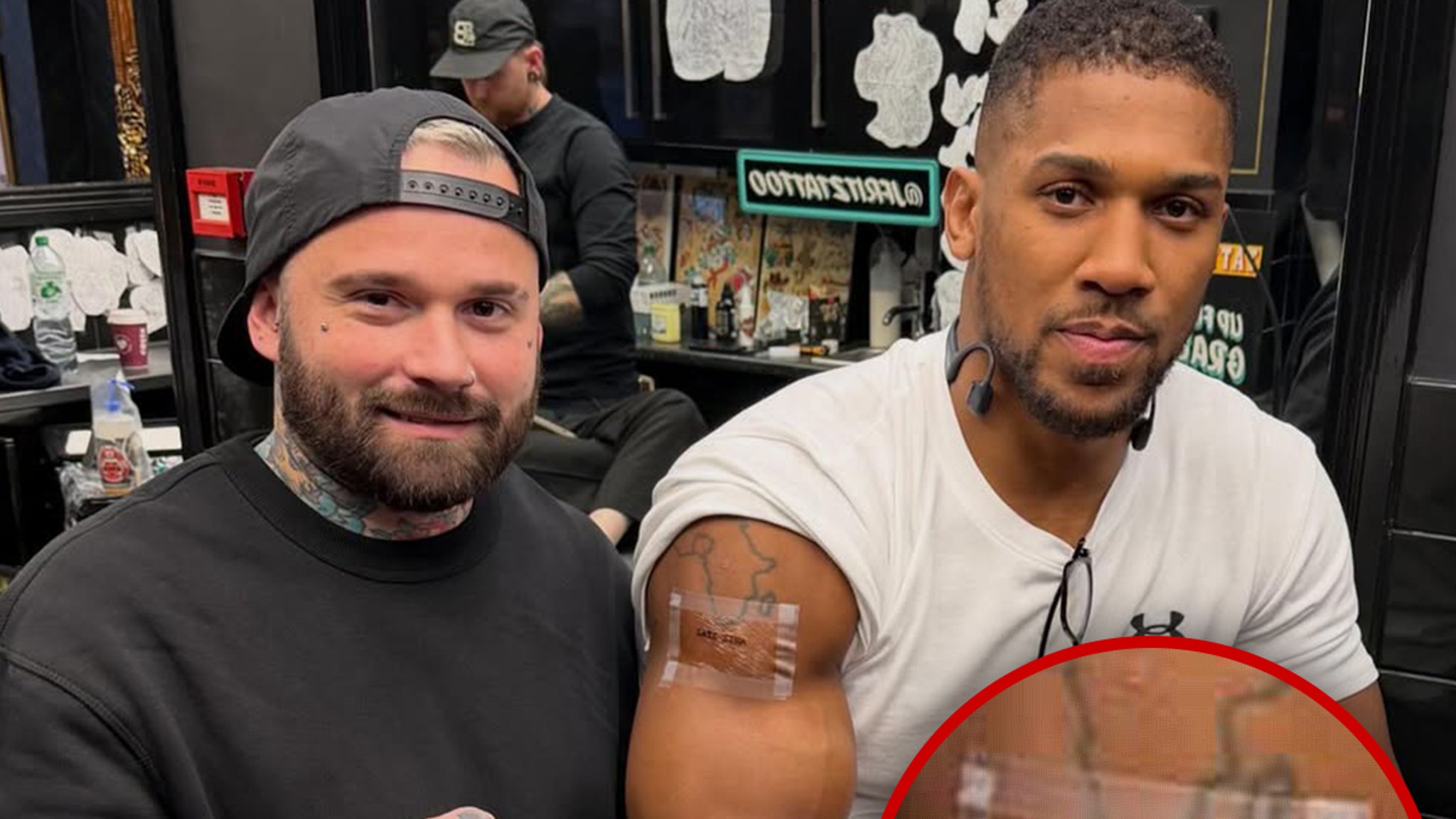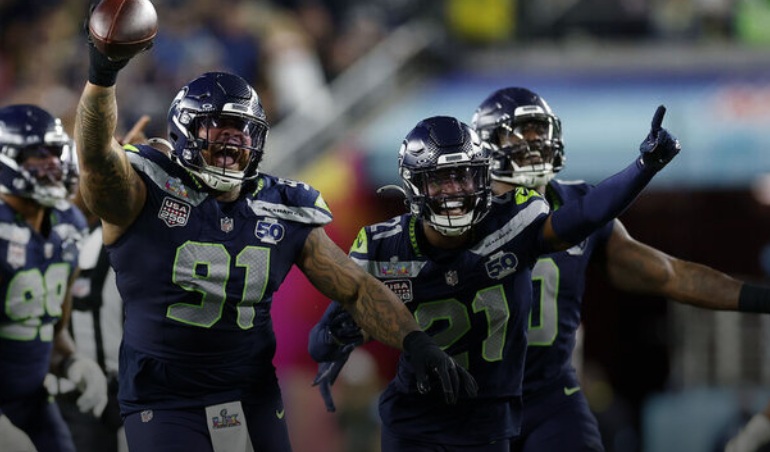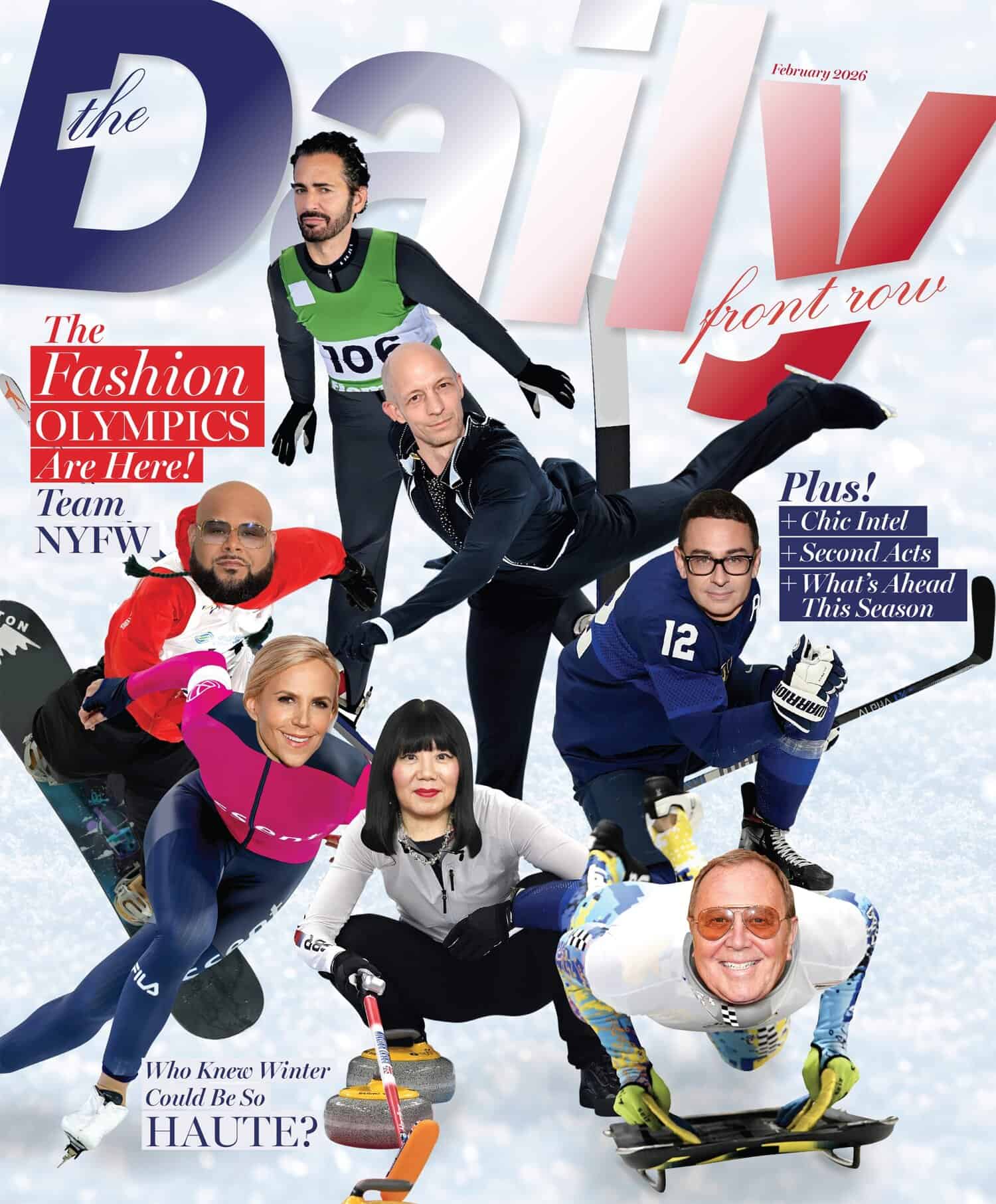Inspired by the life of WWI-era British poet Siegfried Sassoon, the latest film from writer-director Terence Davies is a swooning exploration of redemption, regret, privilege, and love set in a time before homosexuality was legalized in the United Kingdom. Like many of Davies’s films, “Benediction” examines the lingering trauma of war and how once it seeps into your life it never leaves.
Although a decorated officer for his bravery on the Western Front, Siegfried Sassoon was an outspoken critic of his government’s continuation of WWI, having seen the senseless slaughter wrought first hand during his time in the trenches. His poetry described the horrors of trench warfare while also satirizing those who perpetuated what he felt was a jingoism-fuelled war. His dissent eventually landed him a stint in a military psychiatric hospital where he formed a close bond with fellow war poet Wilfred Owen.
“Benediction” intercuts archival footage of the war as we follow Sassoon (played at different ages by Jack Lowden and Peter Capaldi) through many important emotionally charged moments in his turbulent life. From doomed love affairs with the likes of Ivor Novello (Jeremy Irvine) to his later conversion to Catholicism, Davies excavates the sorrows and the joys of Sassoon’s life to paint a portrait of a complex man forever searching for something to fill an unfillable void.
RogerEbert.com spoke to Davies over Zoom about Sassoon’s search for redemption, the loneliness of being an observer, and the importance of casting just the right actor in a role.
I was really interested in how you showed Siegfried Sassoon’s life from WWI all the way towards the end of his life. He died in 1967, which was a few weeks before the Sexual Offences Act of 1967 passed. He sort of spent the last decade of his life in the shadow of the Wolfenden report. Did any of that inspire how you wrote the older character or how Peter Capaldi played him?
It was not so much portraying that as I remember, in this country, when homosexuality was a criminal offense, and seeing films like “Victim”. It was a really important film because it helped change the law. But when you’ve grown up with it being a criminal offense, even though you’ve not done anything, and that coupled with being Catholic, made it much, much harder. What has happened, I think, since then, there’s been a much wider acceptance of homosexual all sorts of things. But I do think sometimes it’s certainly skin deep. But at least the law was changed. At least you’re not seen as corruptive, or in any way corrupt, because we didn’t do anything to anybody. So it, you don’t really have to go into that with the actors, because they already know it. The great thing with really, really good actors, is that, like a virtuosi who plays a violin or a piano, you just say one thing, and they do it. You think: how did they get it that quickly? Astonishing. That was the most revelatory. That they get it so quickly.
What do you think Sassoon was looking for in Catholicism so late in life?
He wanted redemption, and nothing can give you that. Certainly, religion can’t. You have to find that within yourself, or you don’t find it at all. But I think that’s what he was looking for. And of all the religions to wander into, the most guilt ridden is certainly a strange choice.
What kind of redemption do you think he was seeking?
I think in a sort of odd way, to be forgiven, but not for anything specific. Something wider. He did survive the First World War. Rupert Brooke and Wilfred Owen didn’t. He saw, to a certain extent, his work eclipsed by them, because death does confer on you some kind of special honor. I think that hurt him. But when you’re looking for something that will balm your soul, would you ever find it? I don’t think anybody does. You either have that or you don’t. I’ve been looking for it for seventy-six years now and I’ve never found it.
When I was watching this film, it kind of reminded me a bit of “Maurice,” the James Ivory film, but if it were a sadder film. Were there any works of art about homosexuality in England that inspired you beyond Sassoon poems?
Not really, no. Because that was one of the main wellsprings of his life, obviously, of his being. But you have to look at it in terms of that life. He was very privileged, because none of those people were arrested for being gay. They all got away with it, because they were from a privileged, upper class background. But in a way, you can’t draw other aspects of that from another. You can draw general things. Atmosphere. What did it actually look like? What was the texture of those lives? But it’s not just about textures, what you look at. It’s about the emotional texture that runs beneath it. And that has to be, in a way, new made. You can’t find that anywhere. You have to start laying wallpaper. You have to do it yourself, because no one else will do it for you.
How did you go about excavating these emotional beats and these emotional truths from his life?
Obviously, the poems, but also these three massive biographies, which are just huge. I mean, one seems to detail his life day by day, which is astonishing. It’s an astonishing work. That’s where I drew it from, and also my subjective emotion to that life as well. I could only write about what I feel is interesting. It was those things which I felt that I could perhaps pull off, and make interesting emotionally.
I read that you were kind of drawn to Sassoon because he’s an outsider, and that you consider yourself an outsider. Why do you think outsiders make such interesting film characters? Why are there so many layers to outsiders?
I think when you’re an outsider, you look at life in a different way. I listened a lot. I was the youngest of ten children, seven surviving, so when they talked I just listened. What it does to you when you become a listener is you don’t become a participant. And that’s the biggest drawback. I didn’t realize that until much, much later, because now I’m not a participant in that sense. I do observe, and that puts you at a remove. And if you’re an observer, usually you’re ignored. That’s why you can write about it.
One of my favorite parts of the film is when someone asks why he hates the modern world and he replies, “because it’s younger than I am.” Many of your films are sort of set in these period times. Why do you think you’re so drawn to stories set in the past?
I don’t understand the modern world. I’m a technophobe, I can’t use any of this stuff. It not only fragments me, because I don’t understand it, it repels me, because a lot of narcissism is in there, too. But those times, if you like, in history, I feel that I can tackle, I feel that I can be safe. I don’t feel safe in the modern world. When you’re a technophobe, all this seems almost inhuman. There’s nothing more depressing than getting on a train and everyone gets on their laptops and they will do this with their thumbs and you think they all go to thumb school, and they won’t tell me where it is.
You mentioned Sassoon’s poems were a big inspiration. Throughout the film there are several of them. How did you choose which poems to include?
It’s like music really; they choose you. Content dictates form and it will tell you which ones are right. The placement within the film comes later when you edit it. Because that’s a completely separate issue. You just listen to your inner ear. Watch with your inner eye. Where “Disabled” was concerned, I knew I didn’t want it read when Wilfred Owen shows it to Sassoon. I just wanted to see the reaction on his face. But then what you can do in film, and you can do it in music as well, you can drop an idea and 40 minutes later, you can reveal what the idea was. That’s really what it ends with. It doesn’t end with a poem by Sassoon. It ends on one by Wilfred Owen. I think they both loved one another, but it was completely pure. That’s a dramatic ploy. But I felt nonetheless. But they tell you. They tell you.
Your films very much have that ebb and flow of almost an opera. Do you think of music or listen to music when you’re editing?
I listen to music all the time. When I’m writing the script for two reasons. One, the ideas come to you. But the other thing you’ve got to do, you’ve got to put down on the shooting script, the things you want to use and to see if you can afford them. Because if you can’t afford them, you’ve got to find something else. So that’s a practical thing. But now the music comes to you, it comes to you. And I always knew, I didn’t know when I would ever use it, but the riff on Ralph Vaughan Williams’s “Fantasia on a Theme by Thomas Tallis”, which is the greatest work for double string orchestra. It was unveiled in Gloucester in 1910 and it got a lukewarm reception, would you believe that? I knew I wanted to use it. I just knew that’s the piece that’s got to be used. That was one of the few times it had to be the recording by the London Symphony under Adrian Boult and we got permission to do it.
Aspects of the film feel like mixed media. Did you start with that when you were writing the script? Or do those flourishes and ways of using visual language come to you later in the filmmaking process?
It’s a practical thing. Even if you have a huge budget, you cannot recreate what it was like in the trenches, you can’t do it. As soon as you see that footage, that’s more powerful, that’s more beautiful, that’s more savage. I always said I wanted to use all archive footage, because it’s just so powerful. Also, because I’ve always been interested in the nature of time. How you move in and out of the present to the past to the future and back again. That’s always intrigued me, because I think that’s much more interesting. The great thing, which affected me when I was eighteen, I read “Four Quartets”, which was a revelation. I didn’t understand them, but they were a revelation because of the nature of time, memory, and mortality. So I knew that that’s what I wanted to do. But the footage is. . .how can you possibly not use that footage?
You cast two different actors playing Sassoon at different ages, but they sort of work in tandem on the emotional wavelength in which Sassoon finds himself. What was the casting process like?
I met Jack Lowden for a drink and a meal with Lucy Rands, who was the casting director. Basically, as soon as I met him, I knew he was right. He said, I’ll do a self tape. And when I saw it, I thought, well, he’s right. Of course, he’s right. You can just tell. I don’t know how you can tell, but you can tell. Where Peter Capaldi was concerned, I was a little concerned that he might think it’s a tiny role. But I knew I wanted him to play the old Sassoon. He said, yes. That was a joy, because I didn’t think he would because it is a small role. But that face is just magnificent. I mean, you could look at it forever. Wonderful.
He’s a wonderful, wonderful actor. Every time he pops up in a movie, I know I’m in for a good time. You mentioned budgetary restraints, but also I believe you were filming this during the beginning of the pandemic. Were there any happy accidents that happened based on things you had to do because of those constraints?
We went to Pinewood two to three days before shooting, and we were told that we’d have to cancel because of COVID. And I thought, well perhaps that’s it. Perhaps it’s not going to get made. But then the BBC came up with the extra money for the testing, which is a lot of money and certainly not a single person came down with COVID. It was a wonderful shoot, from beginning to end. Enormous support from everybody. From the top to the very bottom. It was the best experience I’ve ever had. Quite, quite wonderful.
One of the things I really loved about the film was all the supporting characters, and to your point, they were in a milieu where they could be open and out about who they were as gay men because of their privilege. I loved all those scenes where they’re eating dinner and fighting, just openly. It reminded me a bit of Cecil Beaton and his memoirs from that era where he’s just so catty about everybody. What kind of research did you do on the supporting characters who were also real people?
It’s not so much research, as I did, obviously, look into their lives to a certain degree, but not a whole lot because there just wasn’t time. But I wanted it not to be solemn. I wanted it to be fun, because gay men can be very funny. They can be like Northern British women. Very, very funny. I thought it’s got to have some fun in it. Yes, it’s very catty, but it’s got to have a good level of lightness of touch then and there. I had luck with Suzanne Bertish, who plays Lady Ottoline Morrell, she’s just wonderful. She caught her like that. Just caught her. So I was very, very blessed with the people I chose. The main body of research was basically for Sassoon.
How do you hope audiences feel after they’ve finished watching the film?
Well, it’s difficult when you make it. I just hope they will enjoy it, in the wider sense. And watch it with their hearts. Obviously, I hope that they like it, because when they don’t like it, it is rather depressing. Just to be open to it, and how it’s told.
“Benediction” is now playing in theaters.
You can view the original article HERE.

